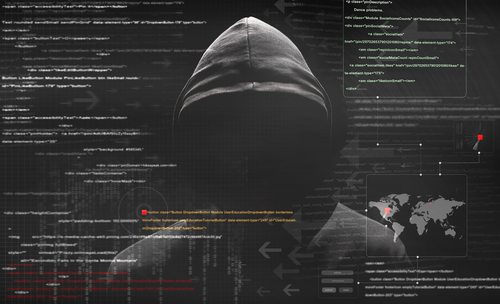In response to the news that 12 Russian hackers have been indicted on charges of hacking the Democratic National Committee and the Clinton presidential campaign in 2016, Richard Ford, Chief Scientist at Forcepoint commented below.
Richard Ford, Chief Scientist at Forcepoint:
 “We shouldn’t be distracted by talks of how they did this or why but instead – how will the international community respond to these types of asymmetric attacks that impact the very core of our democratic process? While an indictment is a nice gesture, it has little real consequences beyond drawing yet more attention to the issue.
“We shouldn’t be distracted by talks of how they did this or why but instead – how will the international community respond to these types of asymmetric attacks that impact the very core of our democratic process? While an indictment is a nice gesture, it has little real consequences beyond drawing yet more attention to the issue.
Cybersecurity knows no borders, and so it is relatively easy for a nation state – or even an enthusiastic group of individuals – to launch attacks from the safety of their own country that can be impactful but carry very little personal risk. How we decide to treat these offensive cyber operations is one of the most pressing questions of our time, and those questions cannot be answered by governments alone. Attacks often involve third-party infrastructure, and vulnerabilities in this infrastructure have to be addressed by those in the commercial world.
It’s time for us as an international community to truly come together and determine not only what constitutes acceptable behavior online at the nation state level, but what checks and balances can be meaningfully put in place to those states that refuse to adhere to these agreed upon practices.”
The opinions expressed in this post belongs to the individual contributors and do not necessarily reflect the views of Information Security Buzz.



